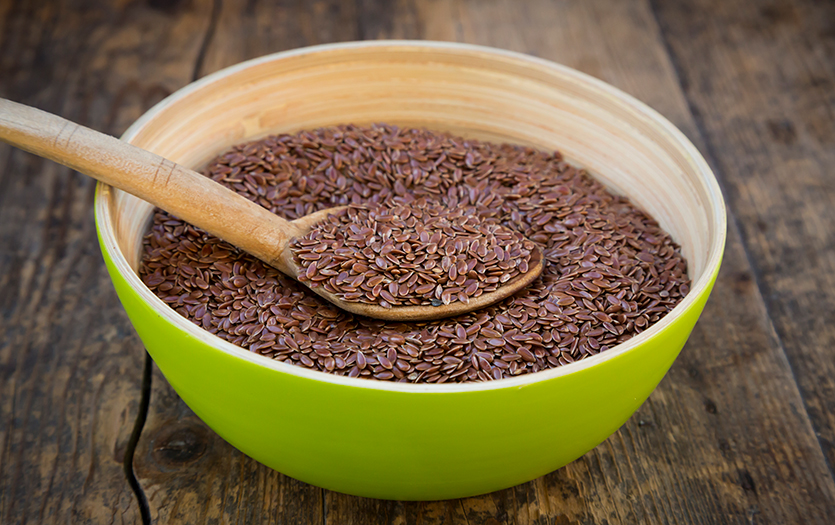
This post was written by Rachel Bunch, MA, RDN, LD, clinical dietician, Parkview Health.
Cow’s milk and milk alternatives all serve a purpose, but it’s about finding the right milk (with some guidance) that best supports your needs. You might also be wondering with all of the new “milks” out there, which one is the healthiest option? Since there’s no short answer to this question, let’s explore the options.
Cow’s milk
Cow’s milk in its natural state is a healthy source of fats, protein, and carbohydrates. It has an amazing balance of these three macronutrients that not many other foods contain while also providing necessary vitamins and minerals. In addition, cow’s milk is often the cheapest dairy choice on the market with many other options coming in half gallons (or less) but costing the same, if not more, than a gallon of cow’s milk. If you can afford it, choosing high quality, organic dairy products are beneficial. However, when allergies and intolerances are an issue, in children or adults, you may need to turn to milk alternatives.
Altered cow’s milk
There are also altered cow’s milk products on the market and include brand names such as:
- A2: The A2 milk helps to address the composition of the milk protein, casein. This can potentially help those with cow’s milk sensitivities, but NOT milk allergies because it still contains the other milk protein, whey.
- Fair Life: The Fair Life brand of milk is filtered and after this process the milk is lactose-free. It has more calcium and protein, but less sugar than regular cow’s milk.
- Lactaid: The Lactaid brand of milk is suitable for those with lactose intolerance. The lactase enzyme has been added to the milk to help the consumer digest it with ease because they may lack the enzyme naturally in their intestines.
Almond milk
Almond milk, which is a popular choice today, can be utilized for weight loss because of its low-calorie content but contains little protein. This means that it’s likely not suitable for children, who need healthy fats, protein, and calories from cow’s milk for proper growth and brain development.
Milk Alternatives
- Soy milk: this has decent protein content but is lower in fat and carbohydrates.
- Coconut milk: this milk is mainly fat-based. It has no protein and is light in calories as well.
- Rice milk: this type of milk has no protein but is mainly carbohydrate-based. It also carries a similar caloric weight as cow’s milk.
- Pea and rice protein milk: this is the newest addition to plant-based milks being offered. They are often made of pea and rice proteins. These milk substitutes are mainly protein-based with very few carbohydrates. They contain a good amount of fats, but have the same protein as cow’s milk, if not more.
Believe it or not, but this is only the tip of the iceberg when it comes to milk options available on the market today. It may seem confusing and a bit overwhelming, but it’s also an amazing advantage for those who struggle with finding milk that works for their allergy, intolerance and even budget. The overall goal is to find what works for you. Hopefully, by remembering the key points discussed today, you will be able to make an informed and educated decision on which “milk” is suitable for you and your family.



